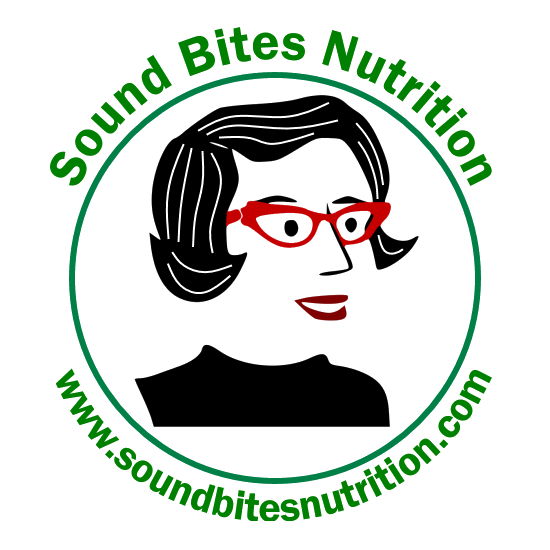Is it IBS? Signs, symptoms and treatment
We’ve all likely experienced a bout of abdominal pain, diarrhea, or constipation in our lives. Food poisoning, a sensitive stomach, or travel may bring on these situations. But if you have IBS, you may be living with these symptoms regularly.
April is National IBS Awareness Month. IBS, AKA Irritable Bowel Syndrome impacts an estimated 10 to 15% of the US population or roughly 3 million people. Unfortunately, many more may be undiagnosed. 1
Symptoms
Symptoms of IBS can range from abdominal pain, bloating, diarrhea and gas to chronic constipation. While people may complain of a sour stomach, it’s really the colon (large bowel) that’s affected.
We’re talking about poop here.You may have pain related to bowel movements, a change in bowel frequency, or a change in how your stool looks. It’s important to track how long this has been happening and how often.
If you experience the symptoms above at least once a week for the past 3 months or symptoms started a minimum of 6 months ago, you may be diagnosed with IBS.Dealing with IBS may cause fear of eating due to discomfort and pain. It can make social situations and travel difficult. The sooner it’s diagnosed, the better it can be managed.
Causes
Like other gastrointestinal disorders, IBS is multi-factorial. A family history of gastrointestinal disorders (Celiac disease, IBS, colon cancer, or inflammatory bowel disease) is a risk factor in addition to stressful situations, or anxiety related to the beginning of your symptoms.The brain-gut axis is the connection between our brain and our gut.
The hippocampus and amygdala are areas of the brain that regulate depression and anxiety. Scientists believe there’s a link between psychological health and gut microflora (bacteria in the bowel). 2
Bacteria can start inflammatory reactions in the bowel. In addition, our microflora is involved in metabolizing serotonin, a neurotransmitter needed to keep our brains calm.
Anxiety and depression are both linked with IBS. 2Because “what goes in, must come out”, diet plays a big part in IBS. Your doctor may ask about fiber and fluid intake as well as food intolerances, alcohol intake, and exercise. IBS is complicated but manageable.
Diagnosis
A blood test may be done to rule out other digestive issues such as Celiac disease or colon cancer. Your doctor may also check for low nutrient levels such as iron, B12, or vitamin D that may be related to blood loss and/or anxiety.
A stool test may also be requested so your doctor can look for infection or blood. As bowel movements are a sensitive topic, men are less likely to discuss symptoms than women and may go undiagnosed or untreated.
Treatment
As both diet and stress can play an important part in treating IBS, it’s important to track their relationship. Keeping a simple food diary and noting symptoms can help you determine if certain foods are giving you issues.
Your doctor may advise a temporary elimination diet called Low FODMAPS. FODMAPS are fermentable, oligo-, mono-, and di-saccharides and polyols, which is a fancy way of saying, “carbohydrates that cause gas and discomfort”.
Common high FODMAPs foods include apples, milk, beans, and certain gassy vegetables. The diet can be difficult to follow but there are low FODMAPs foods that can be eaten without issues such as green beans, carrots, rice, and berries. What bothers some individuals may not impact others.
Working with a registered dietitian will help you follow a low FODMAPs diet and how to prevent nutrient deficiencies. The diet is NOT meant to be used long-term as it can be very restrictive. Reintroducing FODMAPs foods takes time and patience, but typically aids in the resolution of symptoms.
More helpHaving support during stressful times is also important in managing IBS. A counselor or therapist can help with stress management and dealing with anxiety.
Medications such as anti-depressants or anti-anxiety drugs may also be used in treating IBS.If you’re dealing with symptoms of IBS, don’t wait to get treatment. While it’s uncomfortable to talk about, management is possible. Isn’t making eating enjoyable again worth it? I think so.
References:
Definition & Facts for Irritable Bowel Syndrome | NIDDK (nih.gov)
Moser G, Fournier C, Peter J. Intestinal microbiome-gut-brain axis and irritable bowel syndrome. Intestinale Mikrobiom-Darm-Hirn-Achse und Reizdarmsyndrom. Wien Med Wochenschr. 2018;168(3-4):62-66. doi:10.1007/s10354-017-0592-0

